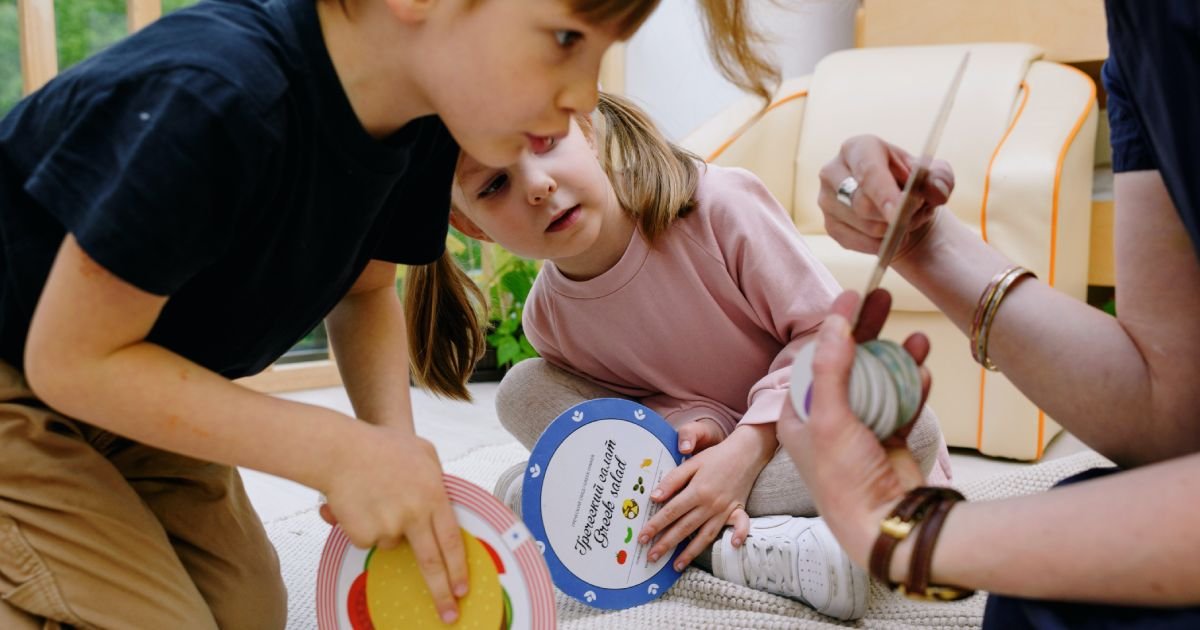Some days are reserved for memories and cups of tea!
My grandparents had a home in the hills which sustained 30 – 35 residents at any time, including their children, daughters-in-law, grandchildren, nephews and nieces, my great grandmother, visiting friends, domestic help and unexpected guests. A couple of cars, a jeep, one landline phone, two dogs and a family of cows are also etched in my memory as a child growing up in a ‘joint family.’
In this small, tea-producing town colonized by the British in Indian history, anyone could stop by our home for tea and a chat or games of chess, table tennis, cricket and football. I remember fun-filled picnics and orchard-raiding holidays with the neighbor’s children and a dozen cousins, unending bedtime stories and of course, often not getting what I wanted as everything had to be shared.
Older cousins, uncles and aunts cared for all the children in the family as their own. Clothes usually were hand-me-downs and no one seemed to mind. Leftover food was recycled, waste was segregated and purchases were brought home in jute and cloth bags. Living in a joint eco system could not have been smooth sailing all the time, however these still are the best memories of my childhood.
The only time I recall being grossly unhappy was when I fell in love with a beautiful blue-eyed doll in a white wedding dress on a visit to the city. At 750 rupees, my parents told me it was too expensive and made a ‘no buy’ decision. I spent the rest of the week sulking and feeling unloved.
Today, couples I know say they can ‘afford’ only 1 child. Cost drives choice.
Practically speaking, nuclear families are easier to steer. Everything is separate and perceived to be manageable – a car to a person, a nanny to a child, a couple of password-protected, handheld phones and other technological devices to a person. When anyone thinks we need more, we shop.
We shop when we are hungry, angry, happy, confused, mindless, awake. Once you buy a house, comes the next question: When are you getting a bigger one? Your car is two years old and you get nudged in the direction of procuring a new one, the reason being ‘This one’s been around for years!’ but so have you, my friend! Nothing’s really enough. More is less.
Progressive, fast paced development and increasing salaries have brought us enormous benefits, a downside of this being, an increasingly wasteful mindset. A plumber who visits my home invariably says, ‘The tap is gone. Change it.’ He does not invest time in attempting to repair the faulty equipment or make it work a few months longer. All he advises is to Replace! Trash the old, get in the new. His unfailingly consistent recommendations prompted my illiterate and rather incisive maid to comment, “Tell me, if your wife were to fall ill, would you try to help her recover or just replace her?” This story is not just about the plumber, it’s the world we live in and are influenced by, that reiterates every day that more is less!
Be mindful of your thoughts and actions for a week. You will realize that we are all, at times, guilty of demonstrating at home and work that more is less.
So where does one draw the line?
-
Spend prudently: Great influencers like Warren Buffett, Steve Jobs and Narayan Murthy, have not been perceived as generous with their money. Such role models do not believe in wasting, are prudent in their expenses and use diligence in their investments, thereby resulting in business success stories. The Bill and Melinda Gates foundation is also an outcome of prudent money decisions for the sake of giving back to community.
-
Share what you have: I recall a business VP’s observation about visits to the USA before and after the 2006-07 real estate markets collapse. Families who earlier drove a car a person each, now car-pooled and clubbed errands together, to save spends. They did just fine and the roads breathed much easier! It significantly helps to reduce, refuse, reuse and recycle!
-
Monitor yourself: We should be our own minders and decision makers. Think and rationalize before you spend on yourself however spend a little more on others. Random acts of generosity are welcome as they make the heart feel lighter and transform the world into a better place. Forget keeping up with the Joneses! A Facebook quote says, ‘I’m too busy working on my own grass to notice that yours is greener.’
-
Garner intelligence: Learn and invest early and wisely so that you are not left to the mercy of bullion, real estate, banks and asset managers. Do not worry about ‘what people will say’ if you only had one car or your children did not go to endless, extra-curricular classes after school. My grandmother said, ‘Do your best within your means. Guests at a wedding will complain if you served two desserts or a dozen!’
-
Invest in your children: Start with children. Inculcate in them, the habit of saving, sharing and enjoying the fruits of these prudent decisions. This will go a long way in securing you and your loved ones financially and emotionally.
To see how The Women Financial Advisers Network (WFAN) can support you to be your own boss and have a thriving financial and life planning & wellness practice, please see an archive of our Webinar and the introduction video. Questions, including how WFAN goals sync up to United Nations Sustainable Development Goals (SDGs) are available here.
WFAN is now also on SHEROES, a women’s social and economic empowerment community platform with currently 14 million users across geographies. If you have a question, you could contact us through our website or WFAN on SHEROES and we will be happy to provide the answers.
Credit:
Cover Photo by Asantha Abeysooriya on Unsplash







0 Comments